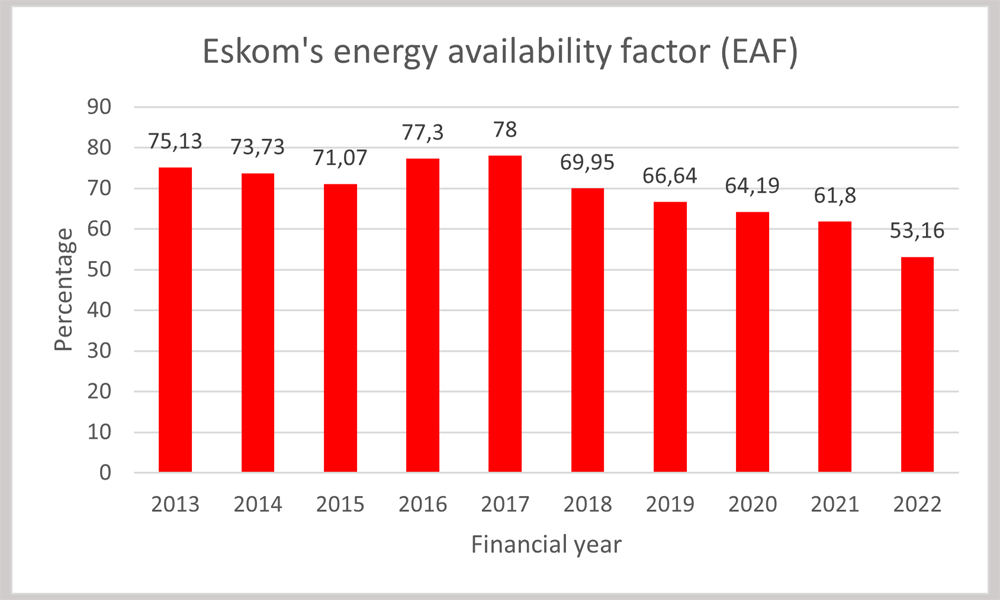WHAT THE REST OF AFRICA CAN LEARN FROM SOUTH AFRICA’S CLOUD ADVANCEMENT: ENERGY

Africa possesses the potential for cloud growth but it depends critically on the continent ensuring it fixes energy barriers. Cloud computing offers an alluring value proposition for companies looking to avoid the high costs of infrastructure investment, which has been worsened by the lack of a reliable power supply in the majority of African markets. Power disruptions, meanwhile, may even discourage companies from establishing or expanding cloud services.
Due to a lack of infrastructure, power supply continues to be a major problem throughout Africa. The implementation of widespread cloud computing systems is hampered by this. Businesses in nations with poor power supplies are compelled to rely on alternative power sources, which sharply raises operating expenses in sectors like financial services or the oil and gas industry where downtime is unaffordable.
Ironically, the biggest names in the global cloud sector have positioned themselves particularly in the South African market. While an effective power and energy sector is yet to hamper cloud growth in South Africa, the country cannot overlook the sick sector.
The overall domestic electricity generation capacity of South Africa, from all sources, is 58,095 megawatts (MW), according to the Ministry of Mineral Resources and Energy. With coal accounts for almost 80% of the energy mix in South Africa at the moment, it is by far the most important energy source. However, 24,100 MW of conventional thermal power sources, notably coal, are anticipated to be retired within the next 10 to 30 years, according to the 2019 Integrated Resource Plan (IRP).

South Africa’s unreliable power source is worsened by the persistent load-shedding issue which is provides more evidence that South Africa is in midst of an energy crisis. 2022 has been South Africa’s most intensive load-shedding year to date, as Eskom’s coal fleet continues to deteriorate.
The updated IRP outlines several actions the government will take to strengthen South Africa’s unstable and failing energy sector, focusing on increased use of natural gas, maintaining the nuclear sector, while putting more of an emphasis on social inclusion, and a “just transition plan” to renewable energy.
As digital infrastructure and cloud assets demand increases, the need for a more organized energy and power infrastructure is required. Since energy costs can make up 40% or more of a data center’s operational costs, energy costs and efficiency play an increasingly important role in the expansion of co-location data centers and competitive pricing of services. It will be difficult to run data centers in Africa without affordable and dependable power. Data center operators in South Africa are particularly vulnerable to the country’s ongoing power outages and load shedding, which increases their reliance on pricey diesel or battery-powered solutions.
Although Eskom plans to deploy renewable energy to meet its power requirements in South Africa, power issues in the country is likely to get worse before the plan starts delivering. While no technique can rapidly fix South Africa’s energy crisis, other African countries have the chance to prepare for cloud advancement by fixing their energy problems.
